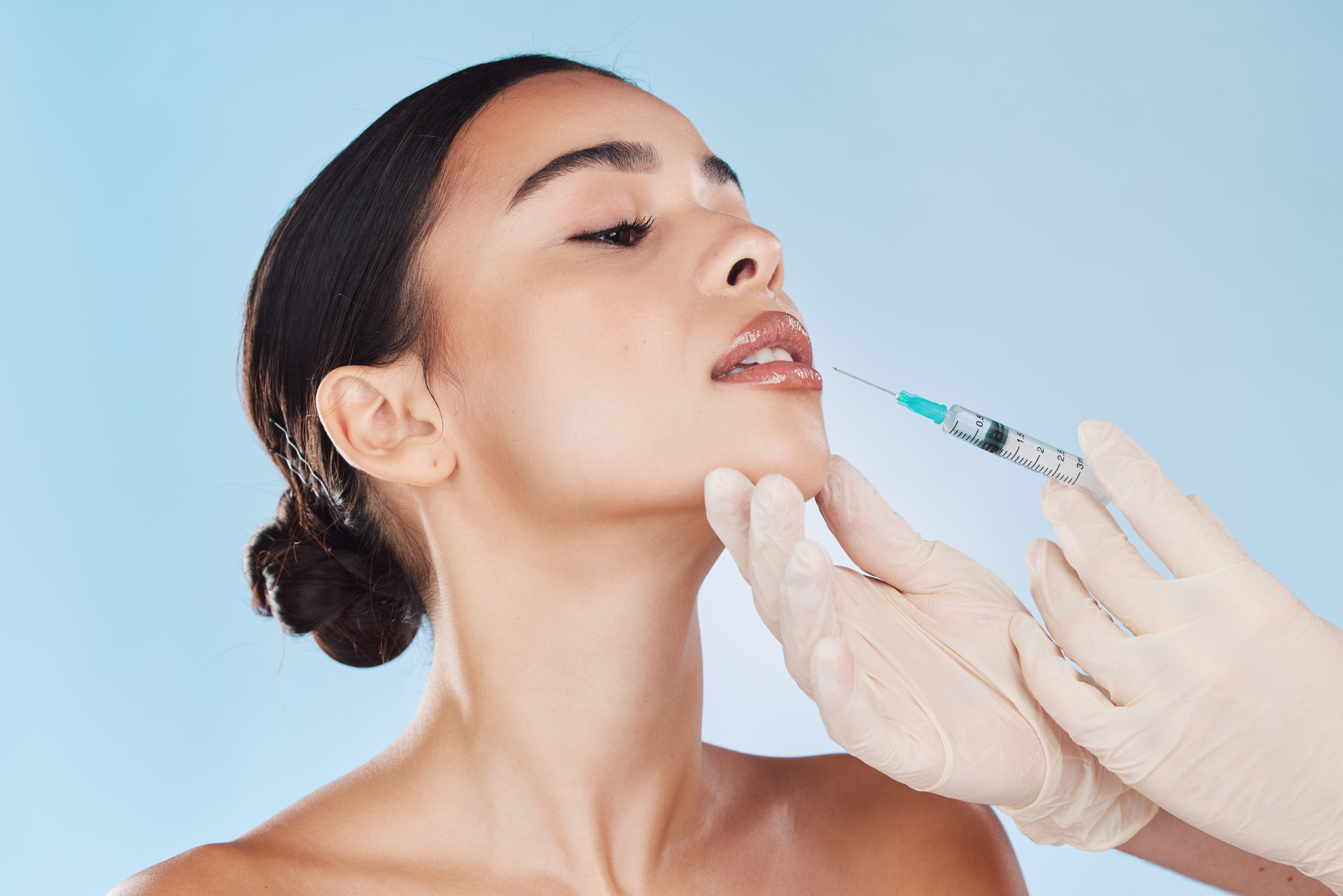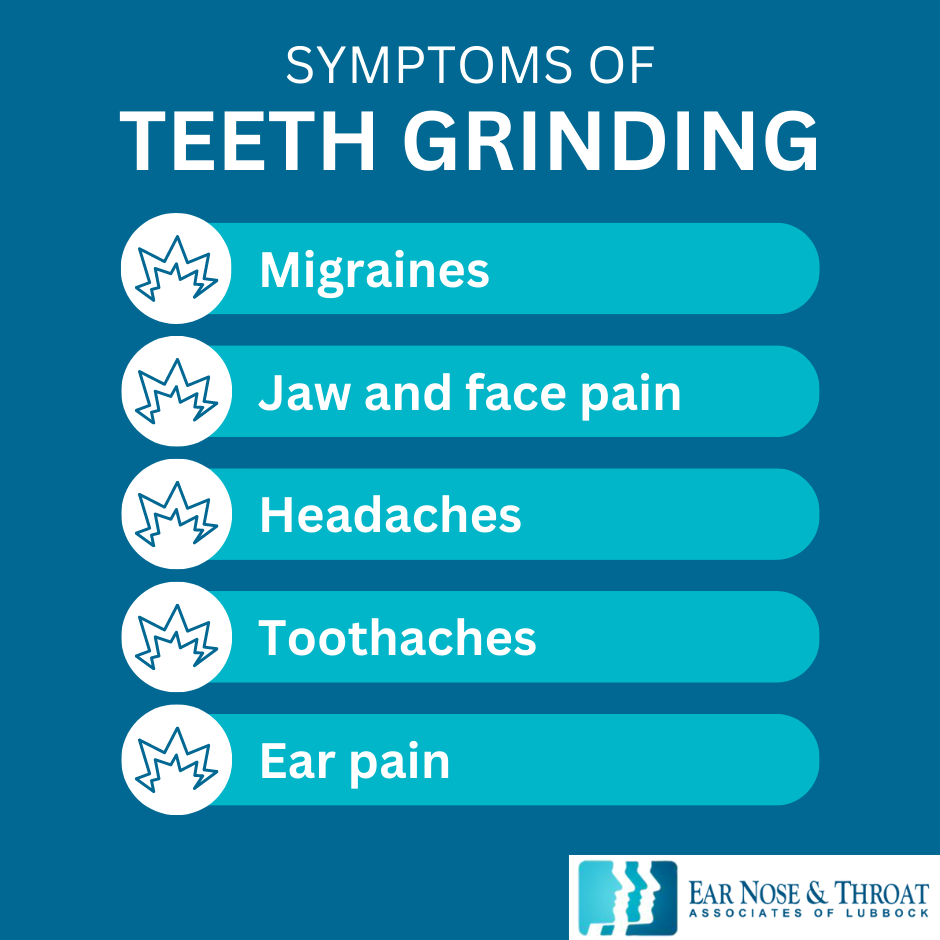Can You Really Use Botox for Teeth Grinding?

Botox’s popularity came about in large part due to its reputation as a highly effective treatment for wrinkles. And while it’s certainly effective against these signs of aging, Botox has several uses beyond the cosmetic as well.
Botox has been around for over 30 years and has several medical applications that haven’t gotten as much publicity as its cosmetic uses.
For example, physical medicine and rehabilitation (PM&R) doctors use Botox to calm muscle spasms in patients with cerebral palsy. The FDA also approved Botox as a treatment neurologists can use to fight headaches. And it can even help relieve teeth grinding associated with temporomandibular joint syndrome (TMJ).
Yes, you read that right. If teeth grinding is an issue for you, Botox might be the solution.
If you’re investigating Botox for teeth grinding, here’s what you should know about how it works, side effects, and what you can expect after treatment.
How Can Botox Stop Teeth Grinding?
Botox is a highly effective treatment for teeth grinding associated with TMJ, a condition of dysfunction in the jaw joint and surrounding muscles.
People with TMJ often clench their jaw all night while they sleep. Usually, their jaw and cheeks are sore when they wake up, but they’re unaware that they’ve been grinding their teeth.
Getting Botox for teeth grinding works because it prevents the jaw from clenching so hard. It weakens the masseter muscles (the large, strong muscles in your cheeks responsible for clenching and chewing activity) without completely paralyzing them.
When weakened, the masseter muscles can’t apply as much pressure on the temporomandibular joint. So, even if your jaw tries to clench overnight while you sleep, the muscles won’t have enough force to cause teeth grinding.
Does Botox Help With Other Teeth Grinding Symptoms, Like Migraines and Jaw Pain?
If you’re grinding your teeth at night, there’s a good chance you’re dealing with related symptoms, like:
- Migraines
- Jaw and face pain
- Headaches
- Toothaches
- Ear pain
By treating the source of these issues, you’ll likely get significant relief.
In fact, some of our patients who suffered from daily facial pain and headaches have reported going months without any pain at all after Botox treatment.

What Are the Side Effects or Risks of Botox for Teeth Grinding?
If you get Botox from a qualified doctor, you’re unlikely to experience any major side effects that negatively impact your everyday life. The main potential side effects of getting Botox for teeth grinding are:
- Minor bruising: You might develop a small, temporary bruise after a Botox treatment.
- A slight bulge: Though we’ve never seen this particular side effect in our practice, it’s possible for some people to experience a little bulging in the masseter muscles. This happens when some muscle fibers are less affected (paralyzed) than others, causing them to protrude. It’s a purely cosmetic issue, and easy to remedy with a little additional Botox to the area.
- Muscle fatigue: If you eat a heavy meal that requires a lot of chewing (think: a giant steak), your jaw might feel more tired than usual.
What Else Is There to Know About Botox for Teeth Grinding?
Still on the fence about getting Botox for teeth grinding? These factors might help you decide:
- You can get it immediately after your initial consultation with the doctor. If you decide to proceed with a Botox treatment, we can do it in the same visit as your consultation. It’s a quick procedure, done in one minute or less, with each injection taking about one second to complete.
- It’s painless. If you’re afraid of needles, the idea of getting Botox might be nerve-racking. It may help to know that we use the smallest needles on the market to deliver Botox, resulting in little to no pain. Most people hardly feel anything at all!
- You can return to your normal activities right away. With Botox, there are very few post-treatment limitations. You can return to work, hit the gym for a light workout, or even grab a drink with friends if you’d like. The choice is yours!
If you live in West Texas and would like to consult an experienced medical professional about Botox for teeth grinding or TMJ, contact our office. Our patients have seen excellent results with this treatment, and we want others in our community who are suffering to experience relief!
Dr. Cuthbertson is a physician at Ear Nose & Throat Associates of Lubbock. He joined the team at ENT Lubbock from Houston, where he was chief resident of the prestigious Bobby R. Alford Department of Otolaryngology at Baylor College of Medicine. He is board certified in Otolaryngology and Head & Neck Surgery and has quickly built a reputation, not only as an extremely skilled surgeon, but as an approachable and compassionate clinician adept in the newest standards and technologies. Learn more about Dr. Cuthbertson.
Categories:








